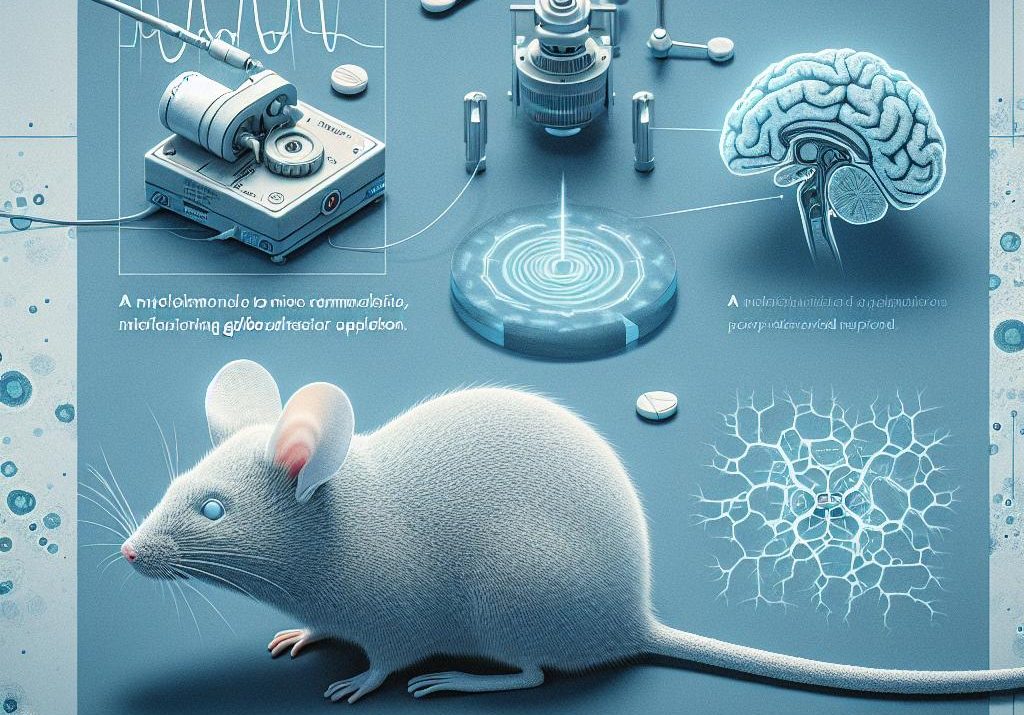EMulate Therapeutics has announced the publication of a peer-reviewed study demonstrating its ulRFE device’s efficacy in a murine glioblastoma (GBM) model. The device emulates the effects of paclitaxel (A1A) and immune checkpoint inhibitors (A2) in treating GBM.
The study, published in BMC Bioelectronic Medicine, found that the ulRFE device effectively reduced tumor growth and prolonged survival in mice. “These data are encouraging as they demonstrate the effects we have measured and observed in human feasibility trials (NCT02296580 and NCT02507102) and other pre-clinical studies in glioblastoma models,” said Chris Rivera, EMulate’s CEO.
Independent research conducted by the Kesari Laboratory at the Pacific Neuroscience Institute further supports the clinical efficacy of the ulRFE device in patients with GBM. Dr. Santosh Kesari, the study’s principal investigator, noted the potential of this novel technology in combating glioblastoma.
EMulate plans to initiate a pivotal Phase III study in newly diagnosed GBM and is pursuing FDA approval to treat diffuse midline gliomas, including DIPG, through the Humanitarian Device Exemption pathway.
Jon Napitupulu is Director of Media Relations at The Clinical Trial Vanguard. Jon, a computer data scientist, focuses on the latest clinical trial industry news and trends.






